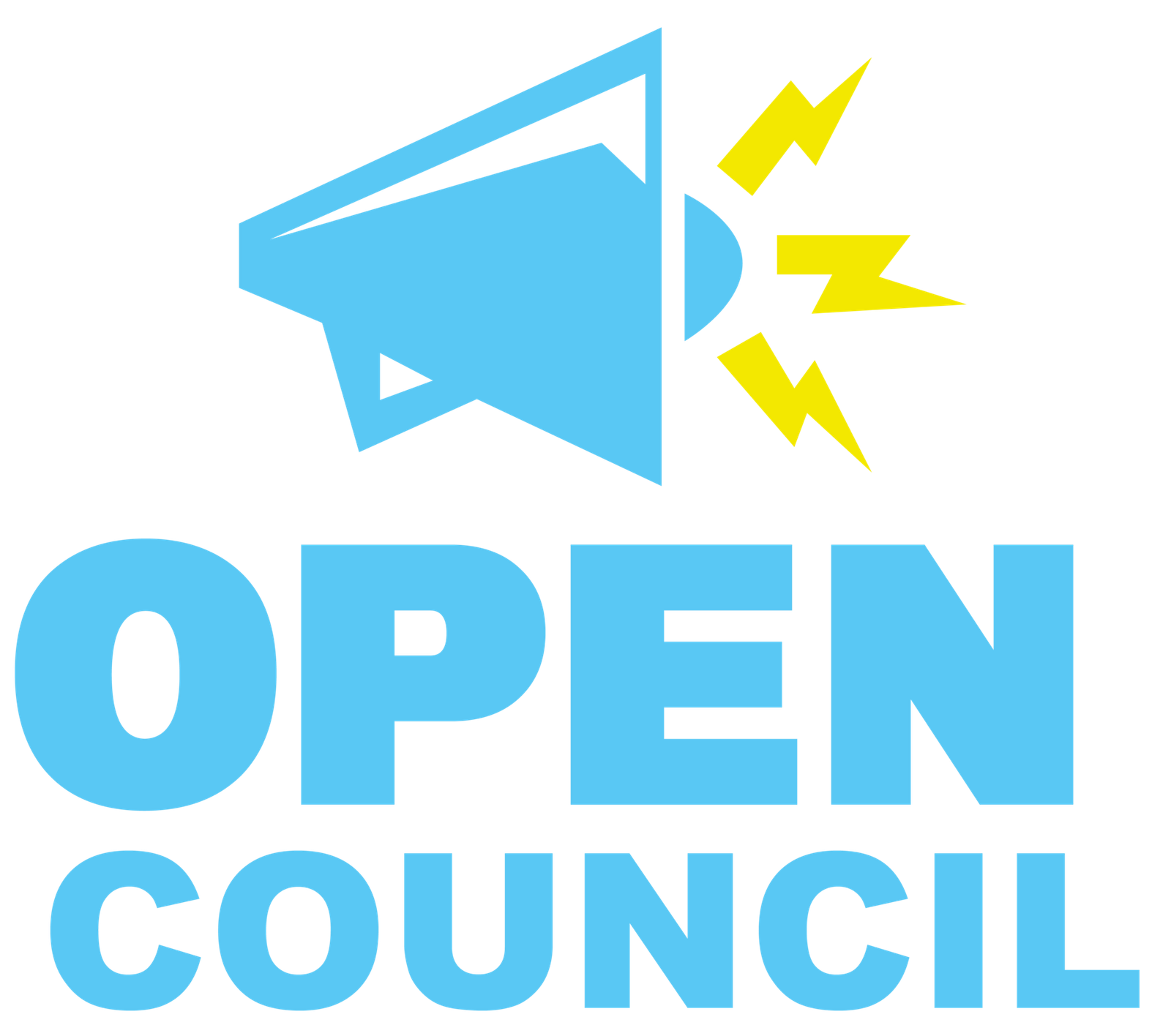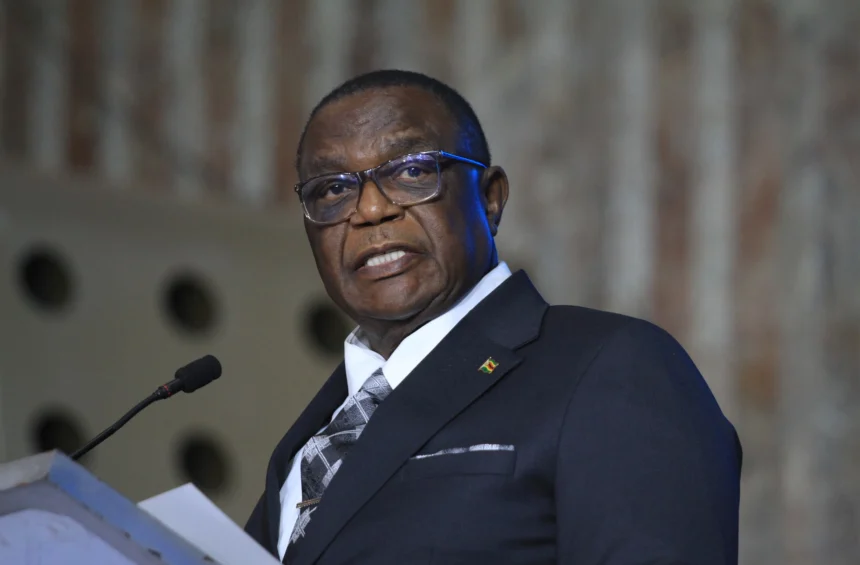By Correspondent
Vice President Constantino Chiwenga last week manoeuvred himself into position by seeking to elbow out one of his rivals Kuda Tagwirei.
He did this by presenting a dossier containing allegations of criminality against the millionaire businessman.
However, also accused with Tagwirei is Geo Pomona, CEO Delish Nguwaya.
While Chiwenga has exposed himself to attacks before the ZANU-PF People’s Conference, he has indeed hit the mark on Nguwaya.
The Deal Of Albanian Origin
Nguwaya’s new energy plan is as suspect as the original template, which he acquired from his Albanian partner Meril Mertiri.
Albania continues to struggle with waste management despite splashing US$90 million on three projects, one of which belonged to Nguwaya’s partner.
“Promising a solution for Tirana, seven years ago, the government contracted a company to build a waste incinerator in the Sharra hills on the city’s outskirts.
“Mertiri’s Integrated Energy BV’ failed to fulfil its obligations and is currently the subject of a temporary seizure order issued by the Special Structure against Corruption and Organised Crime.
It currently faces allegations of corruption and money laundering, together with local officials and government officials.
“Mirel Mertiri and his partner Klodian Zoto were convicted of corruption and money laundering but remain on the run.
“Treasury data analysed by BIRN shows that over the past six years, Albania has spent some 260 million euros on waste management contracts.
Mërtiri now lives hiding in the capital of Austria, Vienna.
Systemic Corruption Everywhere
The failure of the Albanian project stems from the same systemic issues of corruption which have dogged Nguwaya’s GeoPomona.
Geo Pomona was controversially imposed on the city of Harare in 2022 by the local government ministry.
The company would manage the city’s Pomona dump site and convert waste to energy to generate electricity.
The company immediately started billing the city of Harare $40 per tonne for waste delivered to the dumpsite.
When council said it could not afford, Government assumed the payments directly.
It said these would be offset against the capital’s allocation of devolution funds.
The 30-year arrangement imposed on Harare a requirement that the city should deliver 550 tonnes of waste or a minimum 200,750 tonnes per year.
This translates to US$8.03 million for the company in the first year.
Despite all these concessions, which hint at corruption inside Government not much has happened on the ground towards fulfilment of the stated objective.
There is nothing related to generation of electricity that is going on and even refuse collection remains a challenge.
Council Admission
The failure of the GeoPomona project is contained in the Harare Masterplan.
In its statement Council says “the consequences of poor waste collection are far-reaching, affecting not only urban residents’ quality of life but also the overall sustainability and livability of cities.
The commissioning of 45 new refuse collection trucks by President Mnangagwa in June has also failed to make a difference.
In a bid to avoid any future recurrences of scenarios that gave birth to Mertiri’s failed incinerator projects Albania is crafting a new law.
A New Law Against Corruption
Through the new legislative initiative on waste management, Albania’s government has acknowledged the failure of its previous incineration policy.
“It is returning to recycling as the first link in the waste management chain.
However, the new scheme is expected to involve increased costs.
Prime Minister Edi Rama’s government has submitted to parliament a draft law on “integrated waste management”.
“That will create a powerful new super-agency, the National Waste Economy Agency, AKEM.
This joint-stock company will ultimately administer waste management across the country.
“The establishment of AKEM has come at a time when waste management is in a very difficult situation.
“The concessionary contracts for the incinerators in Tirana, Elbasan and Fier have failed,” a report produced by the Environment Ministry to accompany the draft law says, bluntly.
Time To Change Tactics
In the face of Zimbabwe’s own problems with projects like GeoPomona a new law initiative like Albania’s can work.
However, as it is Geo Pomona, says it is expanding to all provinces, even without agreements with other local authorities.
Its set to receive hundreds of refuse and street cleaning trucks from Belarus within months under another opaque arrangement underwritten by the Zimbabwe government.
Nguwaya, speaking in Belarus after his company signed a Memorandum of Understanding with the Belarus government, said:
“Geo Pomona has gone a step up.
“We want to replicate what we are doing in Harare to all the other nine provinces where we are going to deal with all the refuse waste collection.
“We’re going to collect the whole area, and we are going to manage all the waste remaining in the country.”
It remains to be seen if the project will make a difference or there will simply be massive losses of money.
As Chiwenga seeks to find another alternative route to power, he has at least admitted to what has been clear all along.



